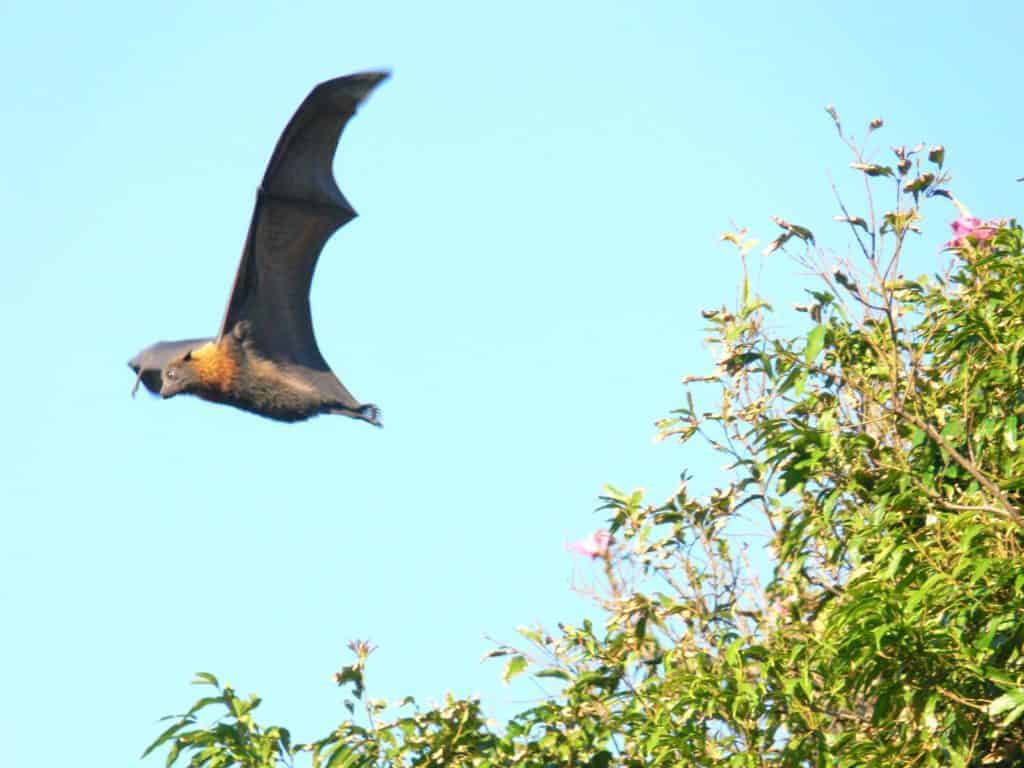
New South Wales Reports First Equine Hendra Case of 2016
The 22-year-old horse died after a period of illness and receiving treatment from a private veterinarian.

The 22-year-old horse died after a period of illness and receiving treatment from a private veterinarian.
The Queensland, Australia, parliament has determined that the Hendra vaccine is safe and effective.

The department’s research has provided data on when environmental contamination might lead to equine infection.

The Hendra virus vaccine has now been approved to be delivered annually following initial administration.
The Australian vet did not provide the owner with all the necessary protective gear while testing a horse for Hendra.
Confirmed diseases include vesicular stomatitis, EHV, influenza, Hendra virus, equine infectious anemia, and more.
Officials are asking for thoughts on Hendra virus and use of the available equine vaccine in Australia.

This virus is bad news. It’s deadly for horses, deadly for humans, and can be passed from sick horse to human caregiver.

The unvaccinated 8-year-old gelding fell ill on Sept. 2 and was euthanized Sept. 3.

The Hendra virus vaccine received registration from the Australian Pesticides and Veterinary Medicines Authority.

Testing confirmed that a horse residing in the Atherton Tablelands died from the virus earlier this week.

Officials said an unvaccinated 19-year-old gelding died after showing clinical signs of infection for two to three days.

Veterinarians say vaccination is the most effective way to protect people and their horses from the deadly hendra virus.
Diseases diagnosed include herpesvirus, tetanus, strangles, piroplasmosis, West Nile virus, and more.

Learn about emergent diseases and what steps we can take to help stop illnesses’ spread into unaffected countries.
Equine veterinarians are responding to recent social media commentary criticizing the hendra vaccine’s safety.
Stay on top of the most recent Horse Health news with
"*" indicates required fields